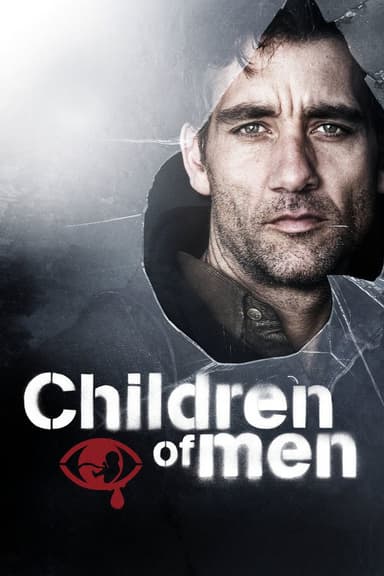
On the Silver Globe
1989 • Drama, Science Fiction
A small group of cosmic explorers, including a woman, leaves Earth to start a new civilization. They do not realize that within themselves they carry the end of their own dream. They die one by one, while their children revert to a primitive native culture, creating new myths and a new god.
Runtime: 2h 45m
Why you should read the novel
Exploring Jerzy Żuławski’s novels allows readers to fully appreciate the philosophical depth and intellectual ambition behind the saga of lunar colonization and the birth of a new society. The books intricately weave existential questions, societal critique, and cosmic wonder, capturing a sense of awe and wonder that is often constrained by the limitations of film. Żuławski’s prose, detail, and characterization foster a richer understanding of each generation’s struggles with destiny, faith, and identity.
By reading the source novels, audiences immerse themselves in the author’s original vision, unrushed by filmic time constraints or budgetary limitations. The progression of thought, symbolism, and narration is allowed to fully flower on the page, enhancing the impact of philosophical dilemmas and internal conflicts that define the trilogy. Readers also gain access to extensive cultural and historical context, lending greater perspective to the themes and strategies that influenced subsequent science fiction literature.
The novels reward close, thoughtful reading—offering layers of allegory, psychological insight, and speculative anthropology far beyond what a single adaptation can convey. Those seeking to grapple with challenging ideas about fate, civilization, and the human spirit will find Żuławski’s trilogy uniquely satisfying, providing substance and reflection long after the final page is turned.
Adaptation differences
On the Silver Globe (1989) condenses Jerzy Żuławski’s intricate Lunar Trilogy into a single cinematic experience, inevitably omitting or simplifying complex plotlines, characters, and philosophical discussions. The film adapts mainly the first novel, with references to elements from the sequels, but cannot capture the long generational arc and the evolving lunar civilization present across the trilogy.
The incomplete nature of the film—due to its forced production halt and later patching with voice-over narration and documentary interludes—means the storytelling is more fragmented and abstract than the carefully structured narrative found in the books. As a result, entire episodes, nuanced character developments, and the underlying logic of lunar society are either only hinted at or lost altogether.
Jerzy Żuławski’s prose is rich in psychological and philosophical depth, dwelling on existential and spiritual dilemmas that shape his characters’ choices. The film, while visually striking, mostly conveys these inner struggles through symbolism and atmosphere rather than detailed exposition, reducing the nuanced internal monologues and conflicts that define the novels.
Another significant difference concerns the worldbuilding and philosophical scope: the books explore the rise and transformation of a new civilization over centuries, reflecting on humanity’s cyclical history and capacity for mythmaking. The adaptation, constrained by length and production obstacles, distills this vast sweep into a more immediate, at times cryptic narrative, prioritizing visual and emotional impression over the novels’ careful, meditative construction of meaning.
On the Silver Globe inspired from
The Lunar Trilogy (On the Silver Globe, The Conqueror, The Old Earth)
by Jerzy Żuławski










